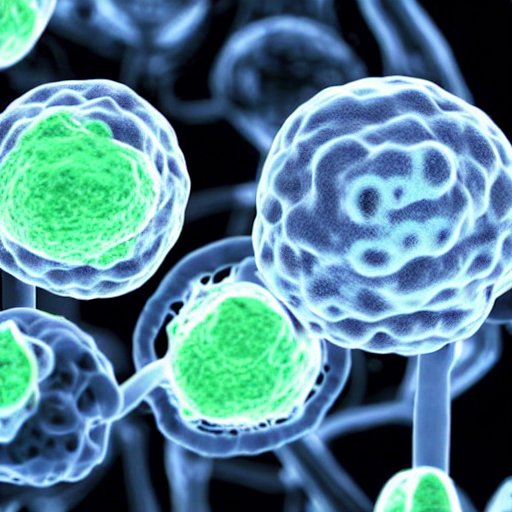Artificial intelligence (AI) has the potential to revolutionize the drug discovery process by accelerating the identification of novel drug candidates and reducing the time and cost of drug development. In recent years, there has been a surge of interest in applying AI techniques such as machine learning, deep learning, and natural language processing to various stages of drug discovery, from target identification and lead optimization to clinical trial design.
One of the most promising applications of AI in drug discovery is the identification of new drug targets. Traditional methods for identifying drug targets rely on empirical observation and trial-and-error approaches, which can be time-consuming and expensive. With the help of AI, researchers can analyze large volumes of biological data to identify new drug targets and predict the efficacy of potential drugs.
Another area where AI has shown promise is in the optimization of lead compounds. By analyzing chemical and biological data, AI algorithms can predict the effectiveness of different chemical compounds and identify the most promising candidates for further testing.
AI is also being used to accelerate the clinical trial process by identifying patient populations most likely to respond to a particular drug and predicting potential drug interactions and side effects. This can help to improve the efficiency of clinical trials and reduce the risk of adverse events.
At Cancerappy, we have used our developments in artificial intelligence as a driving force for the discovery and validation of new targets, as well as for the identification and optimization of new compounds with the potential to become drugs that reach the clinic.
However, there are also some challenges associated with using AI in drug discovery. One of the biggest challenges is the lack of large, high-quality datasets that are necessary to train and validate AI algorithms. Additionally, there are concerns around data privacy and intellectual property rights, as well as the need for regulatory oversight to ensure the safety and efficacy of AI-generated drug candidates.
Definitely, the application of AI in drug discovery has the potential to transform the pharmaceutical industry by accelerating drug development and reducing costs. While there are still some challenges to overcome, the rapid progress in AI technology and the growing availability of high-quality data make it likely that we will see more AI-generated drugs in the future.



